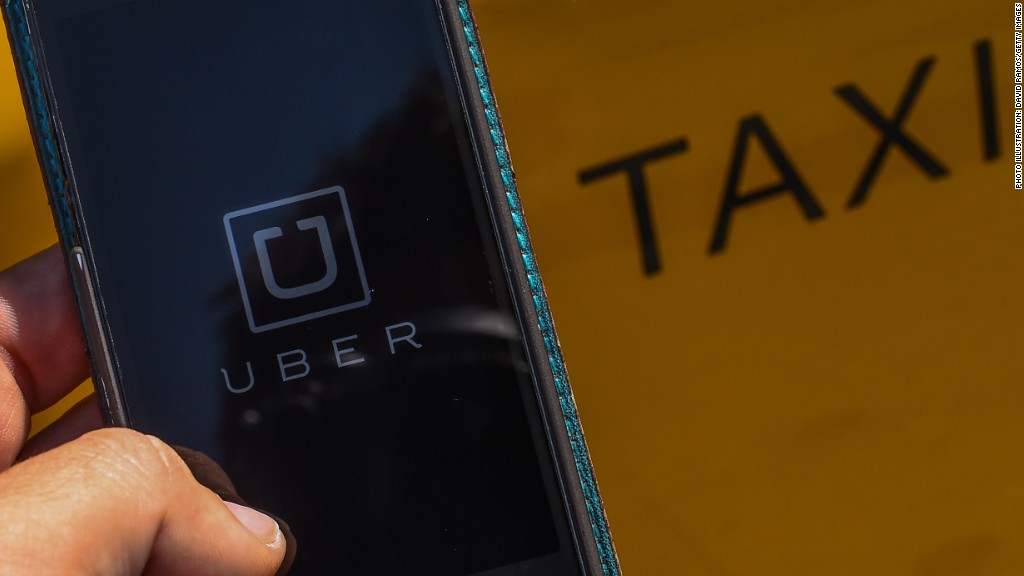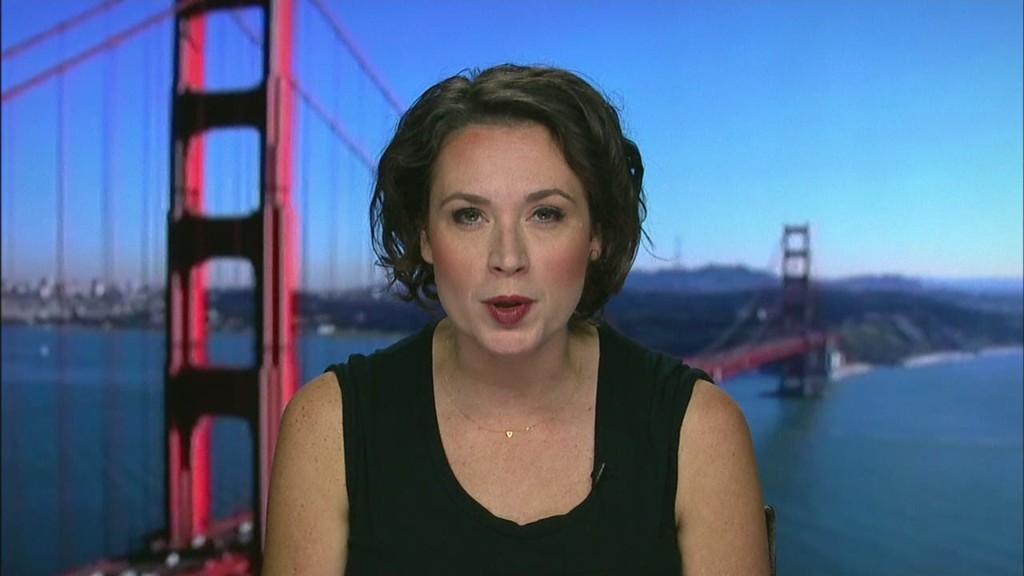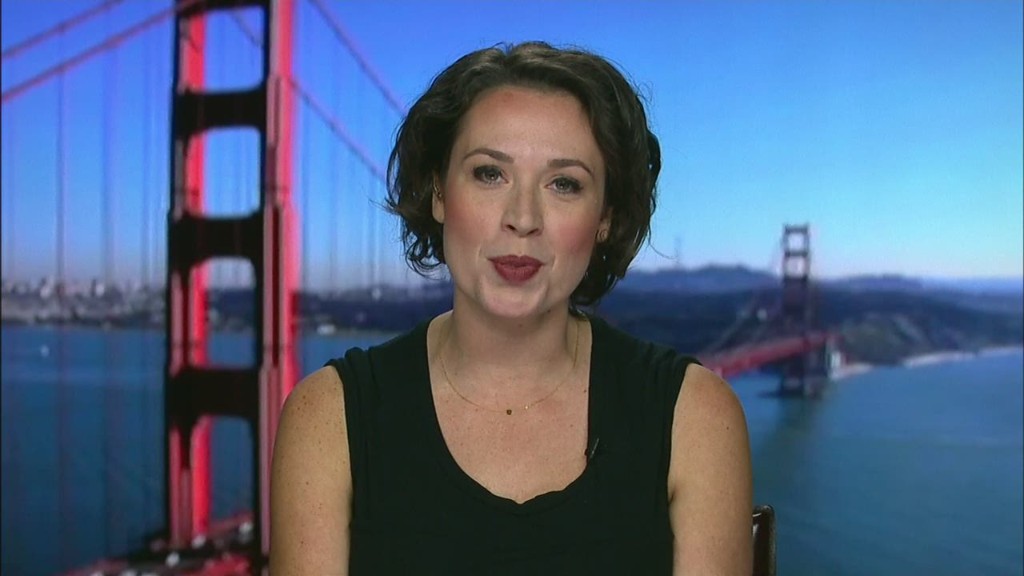
Bruce Weinstein is the public speaker known as The Ethics Guy. His forthcoming book is, "The Good Ones: Ten Crucial Qualities of High-Character Employees," and he maintains the website, TheEthicsGuy.com.
Last Friday, Uber Vice President Emir Michael reportedly suggested a way of stifling the company's critics that would violate the most basic standards of business ethics. For those who missed the story, Buzzfeed reported that Michael had suggested "hiring a team of opposition researchers to dig up dirt on its critics in the media."
The report understandably sparked outrage. But even before that, this wildly popular car-sharing service had raised several disturbing ethical issues:
1. Multitasking Drivers. Uber's main selling point -- that nearby drivers are notified immediately of your desire to get a ride -- is also its chief drawback, at least from a safety perspective. After all, how does a driver learn about your need in the first place? By checking a mobile device in the car. But doing so dramatically increases the rate of having an accident.
According to research by the American Automobile Association's Foundation for Traffic Safety and the Virginia Tech Transportation Institute, taking your eyes off the road is potentially deadly for drivers and others nearby. Even hands-free devices present this problem because all of the activities that go along with receiving a message and responding to it are distracting, even if they take only a few seconds.
Related: Taxi rival bills itself as 'non a-hole' Uber
Uber has not addressed this issue, as far as I can determine, but perhaps that's not surprising. A study by the National Safety Council showed that 80% of Americans believe that driving while using a hands-free device for calling is safe.
Still, there is no such thing as a free lunch. Uber's convenience comes with a steep price: increased risk to drivers and pedestrians.

2. Passenger Safety. Several Uber drivers have been accused of sexually assaulting passengers, according to a recent report by Farhad Manjoo in The New York Times, among other sources. When was the last time you heard of a registered cab driver doing that? Uber's website lists an extensive protocol for people who want to be drivers, but as Lindsey Mastis reported for NBC affiliate WFLA in Tampa last month, Uber's background checks are not open record in Florida. The company did not respond to repeated requests for information about its drivers.
Related: Uber sorry for 'hot chick' 20-minute ride promo
There is an accountability factor with traditional, heavily-regulated cab services that does not seem to be the case with privately owned companies like Uber.
3. Privacy. On Wednesday, U.S. Senator Al Franken (D-Minn.), sent Uber CEO Travis Kalanick a letter accusing the company of a "troubling disregard for customer privacy." Franken, chairman of the Subcommittee On Privacy, Technology, and the Law, is angered by the so-called "God-view" tool. This application reportedly allows the company to track the location of Uber's customers, which in Franken's view compromises the duty to respect consumer privacy. As of this writing, Kalanick has not publicly responded to the letter.
What concerns me, however, is not the invasion of privacy per se, but the fact that most consumers don't know it's going on. Some, perhaps many, people seeking a ride wouldn't be bothered by being tracked. In our post-9/11 world, city governments have cameras in an increasing number of public places.
Related: Peter Thiel says Uber is 'most ethically challenged company in Silicon Valley'
But there are two important differences between the God-view tool and what law enforcement officials do. First, most of us recognize that the police force's policy is an attempt to protect the public from harm. Uber's tracking device is merely a way to advance its business interests. Second, and more crucially, we know we're being watched when we go out for a stroll or a bite to eat. Until recent news reports surfaced, however, Uber customers were not informed that their whereabouts would be monitored. That's a moral difference that matters.

4. Leadership. It was upsetting enough when Michael made his crack about digging up dirt on journalists who dared to criticize the company. But CEO Kalanick's response suggested lax leadership. "Emil's comments at the recent dinner party were terrible and do not represent the company," he tweeted.
That's almost as lame as "mistakes were made," the non-apology apology by President Richard Nixon's spokesperson Ron Ziegler about Watergate. Castigation without consequences is meaningless. As Andrew Keen suggested Thursday on CNN.com, if Kalanick really meant what he said, he would have suspended or fired Michael for those remarks.
Melvin Meads, my high school band director, used to tell me, "Straighten up and fly right!," after I acted up. Recently, when a group I was with used Uber to summon a ride, I was impressed by how quickly a car appeared, and how easy the service is to use, since no money exchanges hands. But such convenience isn't enough to negate the above concerns.
Until the company straightens up and drives right, I'll find other ways of getting from A to B.

